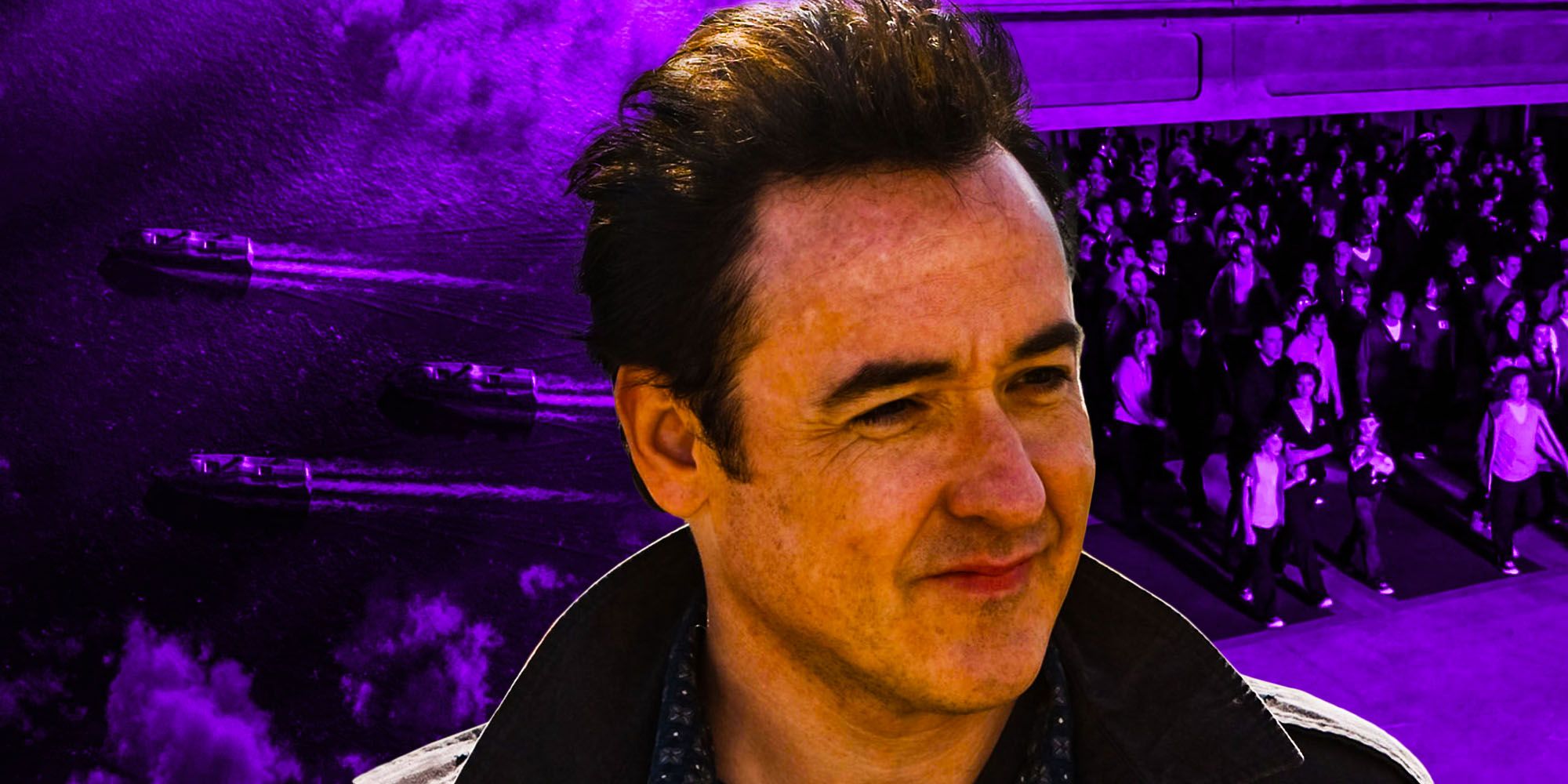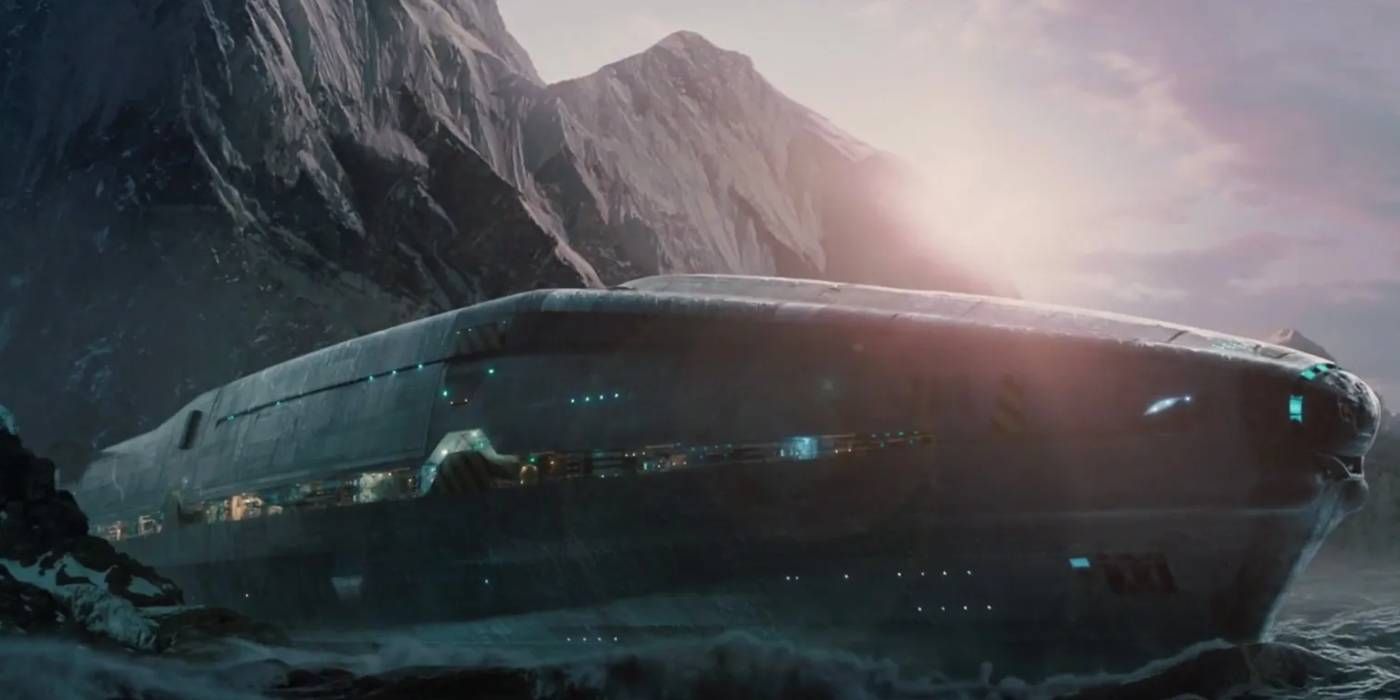Roland Emmerich's 2009 disaster movie 2012 was originally to have a TV series spin-off, 2013, but it never got off the ground. Since the late '90s, Emmerich's name has been synonymous with disaster movies, with his 1996 sci-fi movie Independence Day remaining one of the most beloved alien invasion movies. Emmerich's other disaster movies include Godzilla, The Day After Tomorrow, Independence Day: Resurgence, and his most recent release, Moonfall (ironically, made during the real-life disaster of the COVID-19 pandemic).
2012 was based upon the theory of the Mayan calendar foretelling the end of the world that year. In the film, heightened solar activity causes the Earth's core to destabilize, triggering a series of disasters that culminate in massive worldwide flooding. The governments of the world formulate a plan to preserve human civilization by constructing a fleet of arks to carry survivors into the new world. John Cusack's protagonist Jackson Curtis (a swapped tribute to the real name of rapper 50 Cent) gets an early tip-off about the disaster, with the film following him and his family as they make their way to the location of the arks.
2012 was one of the biggest hits of 2009, pulling in $791.2 million worldwide, and wasn't initially meant to be a one-and-done disaster epic. The intended television spin-off 2013 was to bring its attention to the remnants of humanity who managed to survive the calamity. Per executive producer Mark Gordon in an interview with EW, "After the movie, there are some people who survive and the question is how will these survivors build a new world and what will it look like." Ultimately, despite the success of 2012, second only to Independence Day in Emmerich's career, 2013 never got rolling. While the official reason for the show's cancellation isn't fully clear, budgetary concerns on ABC's part seemingly played a role in the series not happening. 2012 itself boasted a massive $200 million budget. It's to be expected that any television follow-up, while not costing that much, would still need major resources at its disposal to show life in the very new world.
The popularity of The Walking Dead and both the 1994 and 2020 mini-series adaptations of Stephen King's The Stand show the potential of post-apocalyptic storytelling in an episodic format. 2013 certainly could have tapped into that. The flooding of the Earth would've left precious few areas for humans to have escaped the disaster in, aside from the African continent, which the film showed to have risen in the disaster. This seems to have been where 2013 would've primarily been set, as Emmerich himself explained the show was to involve survivors on the continent meeting survivors aboard the arks.
In the end, 2013 was a compelling idea for a continuation of 2012 that sadly wasn't meant to be. Naturally, both 2012 and 2013 also had more of a ceiling on their storytelling than most disaster movies with the year 2012 not bringing any apocalypse with it. Still, it's fascinating to ponder how 2012's story could have been further explored had 2013 been realized.


